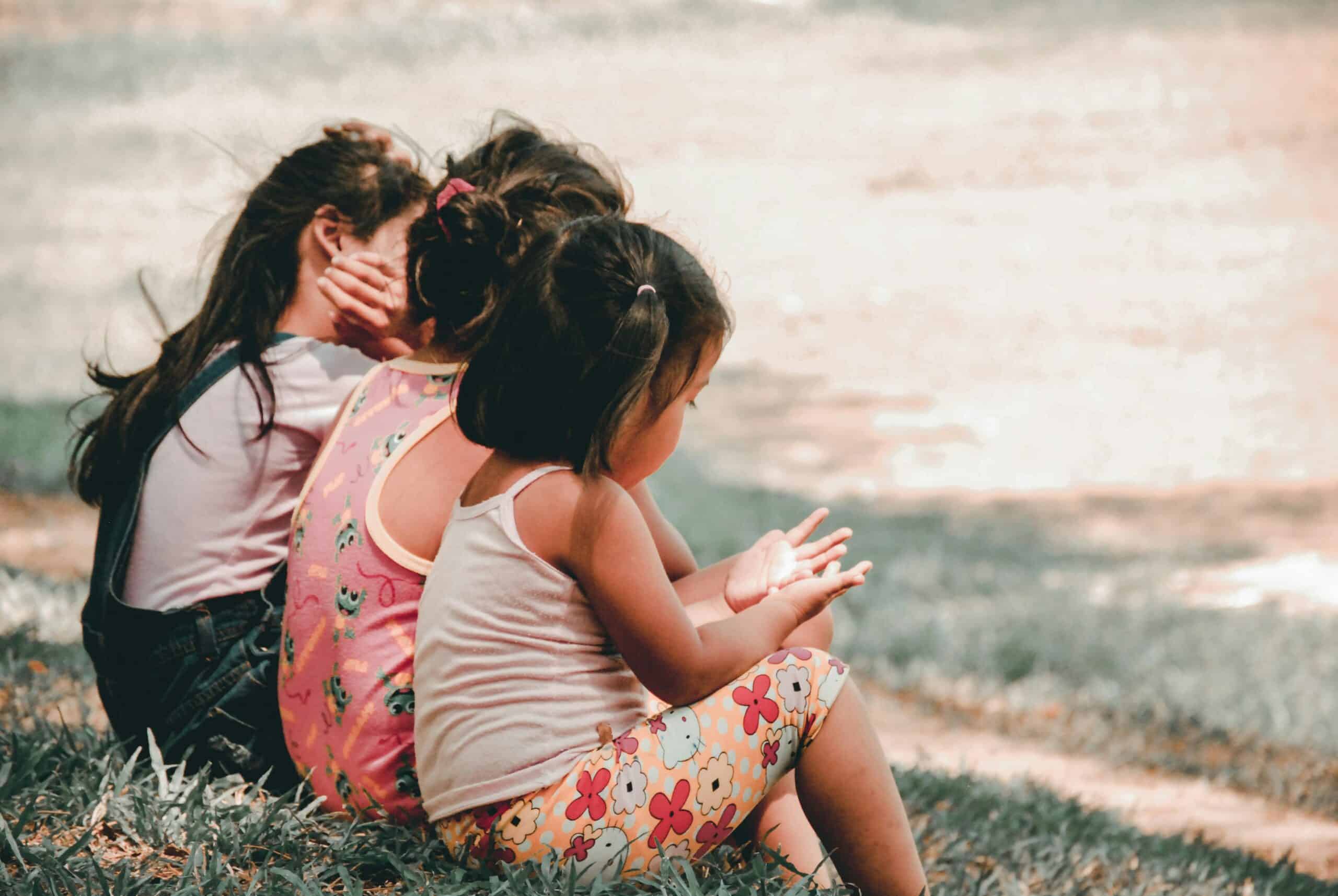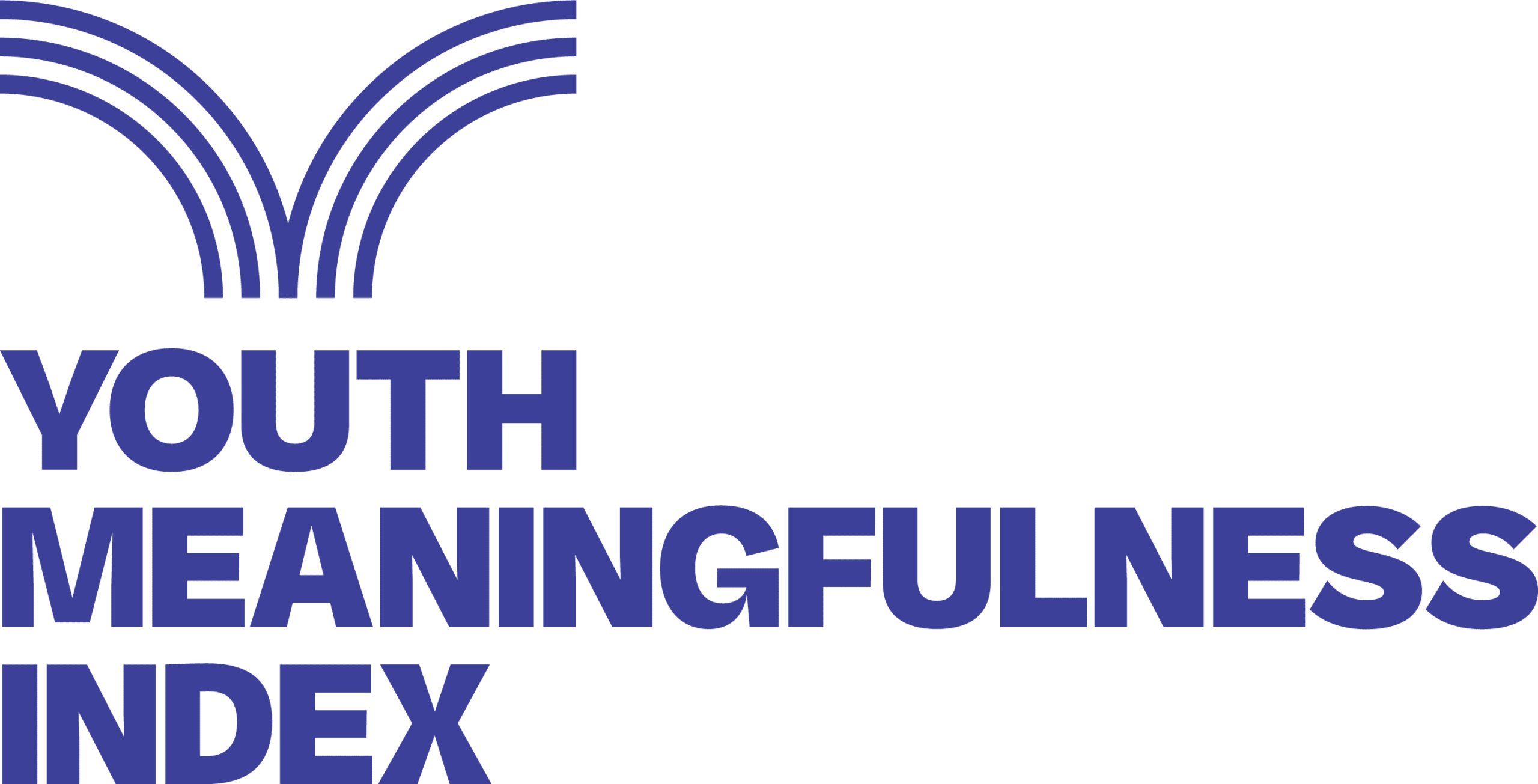
Meaningful societies
A Call to Action: Elevating Youth Meaningfulness in the Global Mental Health Crisis

Fanny Marchand
With world leaders having just gathered at the Summit of the Future and the United Nations General Assembly in New York, we now have a unique opportunity to rethink our approach to addressing the mental health and well-being of young people, particularly those in conflict-affected and fragile environments. The global challenges of today—armed conflicts, social inequality, and climate change—demand more than just addressing immediate survival needs.[1] To truly support future generations, as articulated in the Declaration on Future Generations, we must ensure that young people are not only heard but that their experiences inform policies that foster meaning and fulfillment in their lives.
The Declaration on Future Generations that was just adopted as an outcome of the Summit recognizes youth as agents of change and emphasizes the importance of engaging them in intergenerational dialogue to shape future policies. Beyond participation, we must focus on using the subjective experiences of young people to inform the design of more effective policies that enhance their mental health and well-being. The ultimate goal is to provide young people with the agency to shape environments that enable them to realize their full potential, thereby laying the foundation for future healthier, more sustainable societies.
While UN Secretary-General Antonio Guterres is calling for “meaningful” youth engagement,[2] and great efforts have been made to consult young people on issues like education and employment, we are simultaneously confronted with alarming statistics on school violence, substance abuse, and online bullying.[3] Although we live in an age of unprecedented wealth, the mental health crisis—especially among youth—has never been more severe. Are we truly listening to them? Are we asking the right questions, creating the right platforms for expression, and, most importantly, acting on what they tell us?
[1] Niklas Kabel Pedersen. Voluntās. Beyond Basic Needs: Redefining Social Impact for the Realization of Human Potential. (2024).
[2] Antonio Guterres. Launch of the Common Agenda policy brief Meaningful for Youth Engagement in Policymaking and Decision-Making Processes ahead of the Summit of the Future. (April 2023).
[3] World Health Organization. One in six school-aged children experiences cyberbullying. (2024).
FOSTERING EMOTIONAL WELLBEING AND RESILIENCE
Through Feeling-Inspired Policies
We argue that the feelings of individuals are facts by virtue of their existence. They should not be suppressed in favor of reason, particularly when creating policies for young people who grapple with emotional complexity. In crisis settings, the focus on basic needs often leaves little room for mental health considerations. Programs still tend to prioritize measurable outputs—how many children attend school, how many kits are distributed, how many trainings are completed, etc. At most, we ask people whether they were satisfied with the assistance, rarely questioning whether it truly addressed their deeper needs.
What if we asked young people what matters most to them in their own words? What if we asked them what cheers them up when they are sad and gives them hope? What if we designed programs that enabled them to experience purpose, dignity, and connection within their communities? Beyond fulfilling basic needs, we should aim to foster environments that promote emotional well-being and personal growth.
Research consistently shows that youth who report a sense of meaning in their lives demonstrate better psychological health, higher life satisfaction, and greater resilience.[4] Social connectivity, purpose, self-care, and physical and cognitive engagement are key drivers of this meaningfulness. Policies aimed at supporting youth must account for these factors.
The main challenge remains: how do we “measure” how children feel and how they experience meaning? The Youth Meaningfulness Index (YMI), developed by Voluntās and its partners, provides insights into the subjective experiences of youth. Supported by our academic advisory board and our youth advisory committee, and drawing from our work on the Global Meaningfulness Index, we first conducted research with several thousand children to identify the drivers of meaning in their lives and then developed a tool to measure these across geographies and at scale. In partnership with UNICEF, UNESCO, and grassroots organizations, we are now measuring the level of meaning experienced by children in Algeria, India, Kenya, Morocco, Norway, Peru, and Ukraine. But it is not just about collecting data—it is about translating those insights into actionable policies and programs that promote emotional resilience and personal growth for institutions, school organizations, governments, and the global community.
[4] For example, Krok, D. When is Meaning in Life Most Beneficial to Young People? Styles of Meaning in Life and Well-Being Among Late Adolescents. J Adult Dev 25, 96–106 (2018). https://doi.org/10.1007/s10804-017-9280-y
For example, Brouzos, Andreas & Vassilopoulos, Stephanos & Boumpouli, Christina. (2016). Adolescents’ subjective and psychological well-being: The role of meaning in life. Hellenic Journal of Psychology. 13. 153-169.
At Voluntās, we have witnessed how young people’s involvement in shaping their environments leads to greater resilience and hope. In Ukraine for instance, where youth face the profound challenges of war, applying the YMI has revealed that young people find meaning through community involvement and personal agency. These findings highlight the critical importance of creating environments where youth can engage in meaningful activities, not only to improve their mental health but also to empower them to navigate challenges and build resilience. This initiative is now being expanded with UNESCO and a cadre of Young Researchers of Meaning, where youth-led engagements across the country are helping to better understand how the lives of more children can be filled with meaning. This effort will subsequently lead to the identification of youth-led local initiatives to be implemented in 2025 with the same goal.
The insights gained from tools like the YMI offer a valuable foundation for designing policies that go beyond traditional metrics. Meaningful policy development requires systems that allow youth to overcome challenges while fostering their ability to lead self-directed, purposeful lives. This approach is not just beneficial for youth—it is essential for building resilient, socially cohesive, and sustainable societies.

REDEFINE SUCCESS IN HUMANITARIAN AND DEVELOPMENT EFFORTS
Thanks To Meaning-driven Programs
As the Summit of the Future comes to an end, we must continue to rethink how we approach youth in crisis and development settings. The Declaration on Future Generations calls for intergenerational solidarity and a responsibility to safeguard the well-being of future generations. This responsibility extends to ensuring that today’s youth are provided with the opportunities and environments to experience meaning in life. By incorporating their perspectives into decision-making, we can design policies that reflect what truly matters to them—policies that foster emotional, social, and cognitive growth.
We need to redefine success in humanitarian and development efforts. The future of development strategies must shift from addressing basic needs to creating meaning-driven programs.
At Voluntās, our mission is to ensure that every human being and every young person has the opportunity to live a meaningful life—one filled with purpose, self-awareness, and engagement. By prioritizing meaningfulness and mental health, we can help young people live more fulfilled lives and create a brighter, more sustainable future for all.

Get in touch with the Youth Meaningfulness Index
Do you want to hear more YMI and how to use it for your work?
The Youth Meaningfulness Index (YMI) aims to explore and measure how youth experience meaning in their lives. Young people are facing an unprecedented mental health crisis. At the same time, research indicates a growing trend among youth towards conscious living a meaningful life. We believe that the YMI will be a powerful tool for policy makers to help young people increase meaning in their lives.
